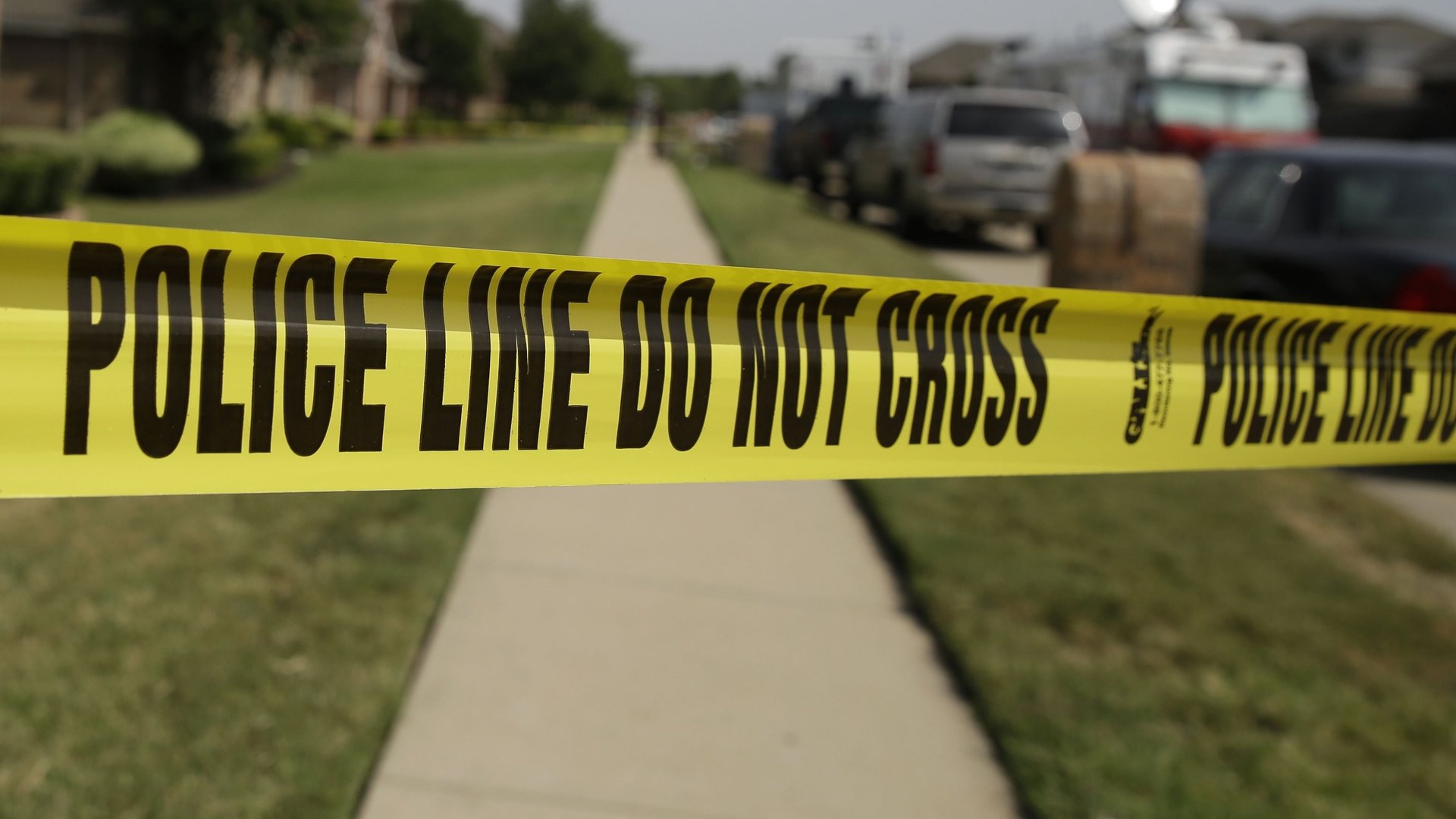Reminder: “Serial” isn’t a TV show, it’s real life
The weekly true crime podcast Serial isn’t just entertainment—it’s an addiction.


The weekly true crime podcast Serial isn’t just entertainment—it’s an addiction.
Such an addiction, in fact, that when I started the first episode last weekend, I spent practically every free moment of the next three days listening to the first eight episodes. The upwards of five million listeners who tune in religiously fill the gaps between episodes with Reddit posts about the show, podcasts about the podcast, and charts that try to solve the mystery early.
The podcast, which has the kind of cult following typical of today’s binge-worthy TV shows, is a real-life attempt by a journalist to solve a murder that happened in 1999, when a high school student, Adnan Syed, was convicted of killing his ex-girlfriend, Hae Min Lee. Every week, reporter Sarah Koenig delves in, letting the listener in on what she’s thinking about her investigation, who she believes or doesn’t believe (it changes a lot), and what new complications she’s uncovered.
But the anticipation and excitement of the show’s mystery narrative makes it easy to forget that Serial is not just a well-produced crime show—it’s a story about real people.
The more I listen, the more I’m becoming conscious of that. And it’s starting to make me feel uncomfortable and voyeuristic. Unlike the addictive drama of serial shows like Scandal, behind this one there is actually a man in prison serving a lifelong sentence for murder. And perhaps more importantly, there is a murdered woman, who so far has received very little attention in the show. Instead, the story focuses more on the convicted, Syed, and whether or not he is innocent. In fairness, a spoiler alert: In this week’s episode, Koenig finally goes into detail about trying to reach the victim’s family. But that came only after criticism about Lee’s minor role in the podcast.
Earlier this week someone claiming to be the victim’s brother posted on Reddit that even though he listens to the podcast, he was upset at people who tune in for the entertainment and forget about the people who are the story:
TO ME ITS REAL LIFE. To you listeners, its another murder mystery, crime drama, another episode of CSI. You weren’t there to see your mom crying every night, having a heartattck when she got the new that the body was found, and going to court almost everyday for a year seeing your mom weeping,crying and fainting. You don’t know what we went through. Especially to those who are demanding our family response and having a meetup… you guys are disgusting.
The user first posted what he said was a screenshot of a Facebook chat Koenig had sent requesting an interview, but took it down because it included the reporter’s personal information. He also offered some facts about Lee as proof that he’s her brother.
His identity on Reddit hasn’t been verified, but the point rings true either way: This reporter’s quest for discovery, which is arguably what makes the show so addictive, is overshadowing the real tragedy.
Even Rabia Chaudry, a lawyer and friend of Syed’s who originally brought the story to Koenig, is struggling with the show’s impact. Chaudry blogs weekly about each podcast and how she’s been affected by Serial. From her blog on Wednesday:
Earlier this year I hit a real low. A spiritual and emotional low on many levels, and on many issues, including Adnan’s case. I knew at that point that Sarah was still investigating, I didn’t know how it was going or what the end story would look like. I felt tired of praying and tired of everything. For the first time in my heart I felt like there was little hope, and maybe nothing would ever change. Maybe Adnan would die in prison and maybe those who loved him would die without ever having him home.
Perhaps it’s inevitable that Serial’s listeners take pleasure in joining their narrator in playing detective. But we should complement that enjoyment with an awareness of the story’s real-world significance: that criminal justice isn’t cut and dry, even in countries with strong rule of law. Witnesses change their stories, facts are hard to define, juries are biased.
The podcast’s long-form format gives both the reporter and her listeners the room to thoroughly delve into these larger problems—in a way that might actually help to influence policy. But to have that kind of impact, the show and its fans need to keep reality top of mind.